
April WSU Sustainability Newsletter
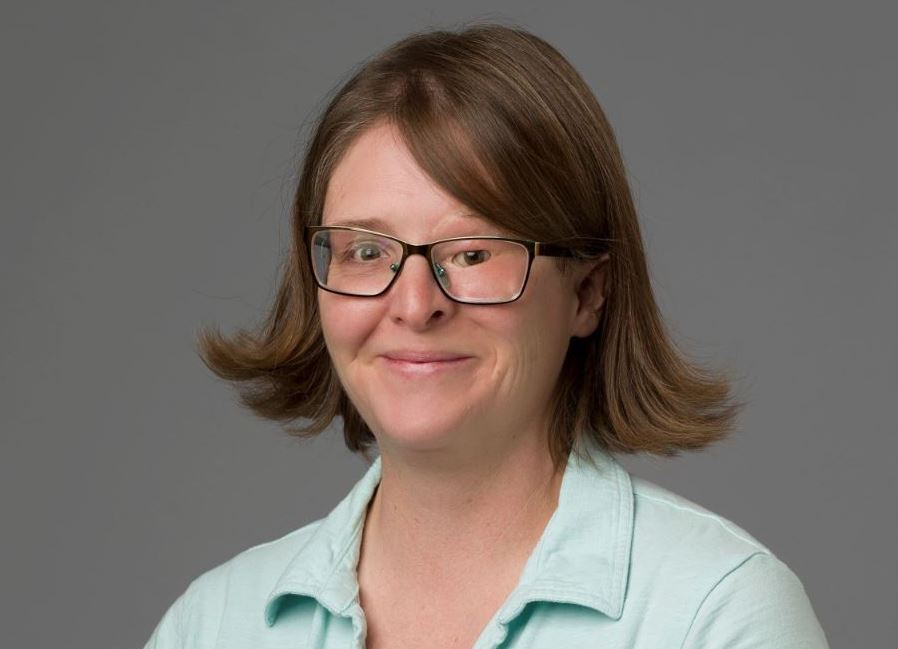 Lindquist Award Recipient – Jennifer Bodine
Lindquist Award Recipient – Jennifer Bodine
Jennifer Bodine, Sustainability Manager in the Energy & Sustainability Office was selected for the John A. Lindquist Award by the Center for Community Engaged Learning (CCEL) in recognition that she is a “visionary leader of sustainability in every sense of the word ranging from environmental stewardship to social justice." The award is "given annually to a current Weber State University faculty or staff member who has demonstrated sustained and outstanding commitment to mentoring WSU students in learning through community engagement." Since joining Weber State in 2010, Jenn has both established and been involved with innovative sustainability programs, both on and off campus, such as the Environmental Ambassadors, Green Department, and numerous community-based programs, which have provided exceptional learning and growth opportunities for students, faculty, staff and community members alike. The breadth and depth of her work, collaborations, and care exemplify sustainability in action.
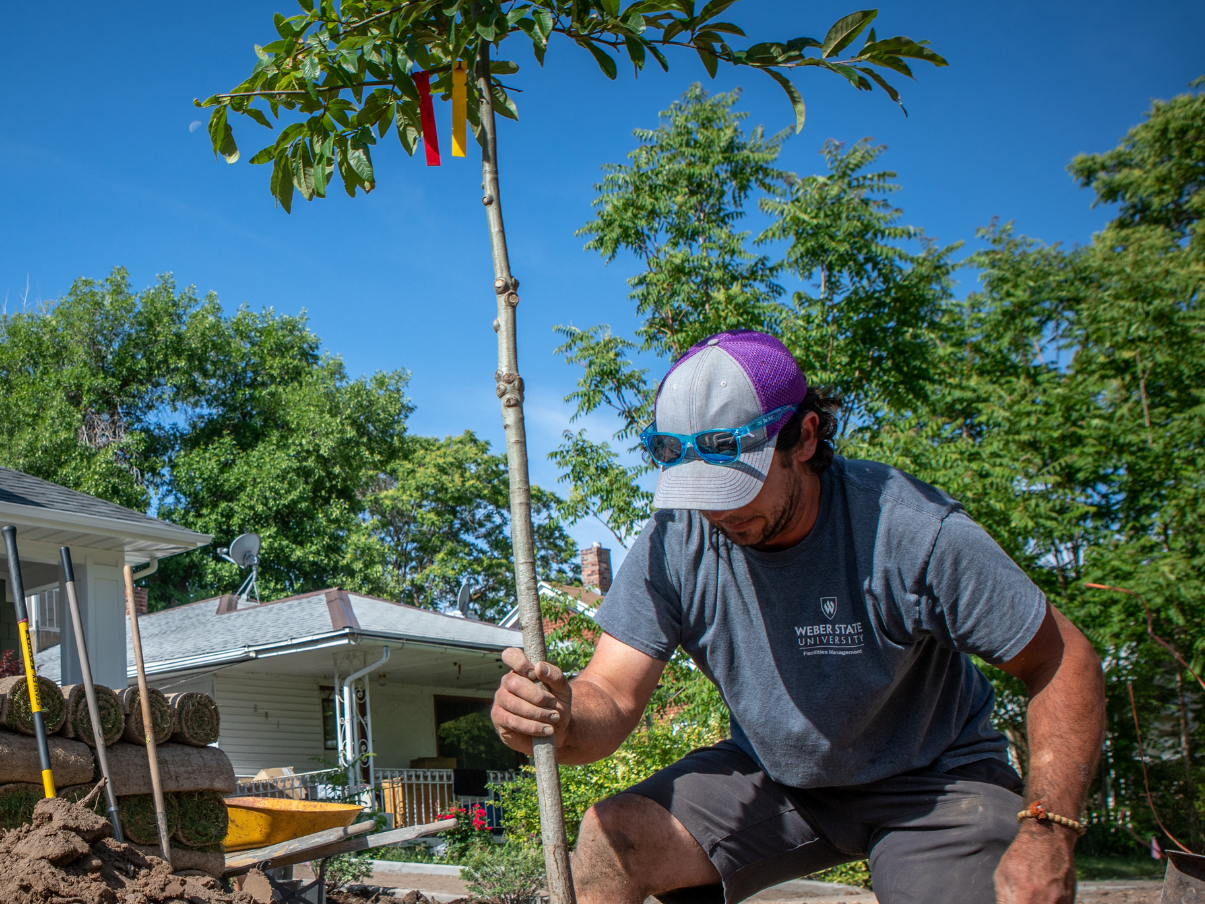
Make Climate a Class - Join the Solve Climate Utah Webinar
Weber State’s SPARC and the Walker Institute are excited to share that Weber State is again hosting the Utah Solve Climate by 2030 Dialog as part of the larger Solve Climate by 2030 global dialog initiative, with about 100 university-hosted webinars planned in 50 states and 45 countries.
The free Utah webinar event is April 7, 4-5:30 p.m. and will include four presenters and time for interactive Q & A. Presenters are:
-
Vicki Bennett, Sustainability Director, Salt Lake City
-
Congressman John Curtis, US Representative for Utah's 3rd District
-
Thomas Holst, Senior Energy Policy Analyst, Kem C. Gardner Policy Institute, David Eccles School of Business, University of Utah
-
Olivia Juarez, Latinx Community Organizer, Southern Utah Wilderness Alliance
This event is geared particularly to students and educators with the #makeclimateaclass effort, to encourage conversations and learning about climate change and the myriad solutions and opportunities to improve conditions for all going forward. Connections to climate change can be made from any disciplinary perspective. University and high school teachers around the world are encouraged to assign students to watch their local Solve Climate webinar live, or the recording after the fact, and facilitate discussions around the issues, proposed solutions and next steps.
If you are interested, be sure to register to receive the webinar link (and recording link after it is over).
Please help us share this event with your colleagues, students, and wider networks.
You can find more information and stay up to date at the Utah facebook event page.
Join the discussion via social media -- #SolveClimateUtah
(1).png) 2021 State of Utah Lawn Mower Exchange
2021 State of Utah Lawn Mower Exchange
Do you want to help improve local air quality while doing your yardwork this summer? Good news! Weber State University is helping to promote the 2021 State of Utah Lawn Mower Exchange. Eligible participants from Weber, Davis, Salt Lake, Tooele, and Utah counties can apply for a rebate of up to $300 on a new electric lawn mower with a qualifying trade-in (recycling) of their old gas-powered mower, or a rebate of up to $150 with no trade-in.
Hosted online, the rebates will be given on a first-come, first-served basis. Registration for the Exchange program opens Monday, April 5th at Noon on the DEQ CARROT Program Website, where you can also go to find more information on the program. If you have questions, please contact Courtney Ehrlich at carrot@utah.gov.
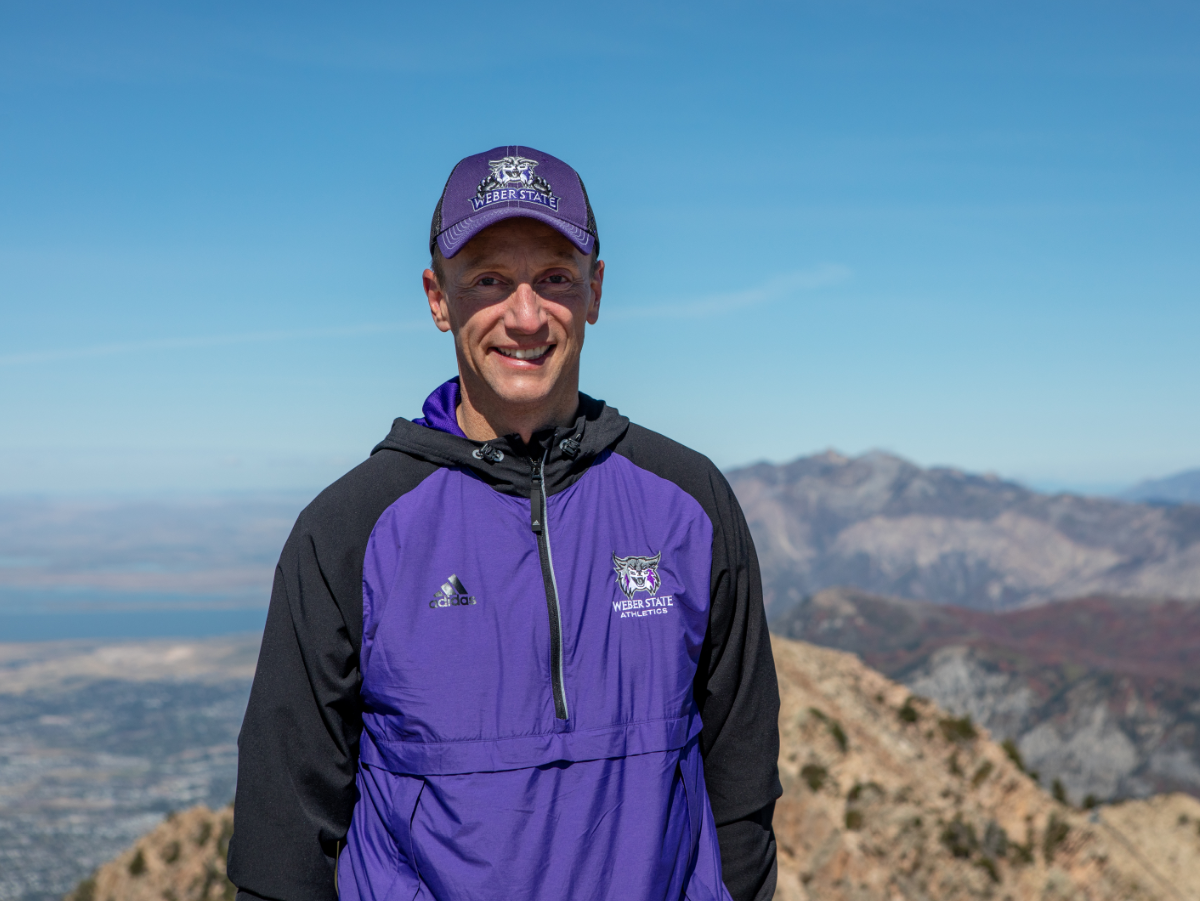 WSU Joins Other Higher Ed Institutions in Urging National Climate Policy
WSU Joins Other Higher Ed Institutions in Urging National Climate Policy
President Mortensen signed on Weber State to a letter from higher education institutions to President Biden in support of a strong 2030 U.S. climate target (a "Nationally Determined Contribution" or NDC) pursuant to the Paris Agreement. Specifically, the higher education letter calls on the Biden-Harris Administration to adopt a target of at least 50% emissions by 2030 in order to place the United States on a credible pathway to reach net-zero emissions by 2050.
As President Mortensen notes, "By signing on to express Weber State's support and commitment to reduce emissions at least 50% by 2030, we continue our leadership in sustainability among higher education institutions, in our community, and on a national stage. By partnering with others to make a difference, we amplify our impact on clean air, renewable energy, and mitigating climate change."

Work Begins on WSU’s Next Ground Source System
Weber State is taking on its third ground source field to power the new Noorda Engineering, Applied Science & Technology Building. The Noorda building will not only be a state-of-the-art engineering facility, but it will help WSU get closer to its goal of becoming carbon neutral by getting its heating and cooling energy from the deep earth. Drilling will start soon on 190 wells to connect the building and WSU's central infrastructure to this energy source. Instead of using energy intensive chillers and boilers, ground source fields harvest energy from the constant temperature of the deep earth by circulating water using small pumps that use much less energy. The Noorda field is intended to provide for all of the building's needs and to feed some energy back to the wider campus. There are two other fields already providing energy in the W4 lot and the quad. Ground source energy plays a key role in WSU's sustainability efforts by displacing direct combustion of fossil fuels, which also decreases air pollution.
See live video and updates on construction here.
.png)
Congratulations to the Student Poster Contest Presenters at the Intermountain Sustainability Summit
The Intermountain Sustainability Summit was held virtually on March 18 and 19th with programs including engaging keynote speakers, interactive sessions, and exceptional work by students related to sustainability such as the Art Space and the Student Poster Contest.
The posters submitted for the Summit were impressive, especially considering the work that’s been done online versus in person. Congratulations to the students, whose posters won prizes at the Summit.
People's Choice Award
Carlos Santos-Rivera, University of Utah
Sustainable Transportation Through a 20-Minute City: Adelaide, Australia
View poster
Graduate Sustainability Research
Mei Ling Wong, Montana State University
Suppressing Wild Oat with Spring Wheat Height and Seeding Rate
View Poster
Undergraduate Sustainability Research
Ian Weech, Weber State University
Influence of Farmington Bay metal pollution in Great Salt Lake
View Poster
Green Design
Amanda Laycock, Weber State University
Cedar Lodge Design
View Poster
Sustainability Education
Curtis Soderborg, Weber State University
Green Buildings: How Weber State is Fighting Climate Change with Renewable Energy and Sustainable Building Design
View Poster
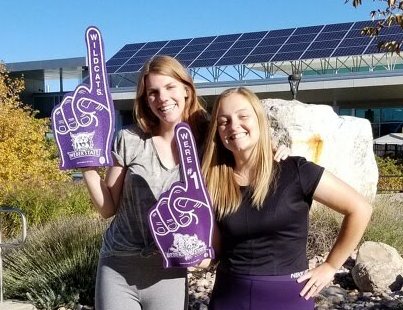
Join the SPARC Team!
The Sustainability Practices and Research Center is currently looking to hire 2 interns for their office.
The Student Sustainability Coordinator position is for a student with some background in sustainability/environmental conservation who wishes experience working to facilitate sustainability education and practice within our community (both on and off campus). The position involves coordination/collaboration between the Sustainability Practices & Research Center (SPARC), the faculty Environmental Initiatives Committee (EIC) the Energy & Sustainability Office, and student clubs engaged in sustainability.
WSU students with a minimum of 24 credit hours and a GPA of a 3.0 are encouraged to apply! Student applicants may be majoring in a variety of fields, such as environmental studies/science, communications, education, marketing, geography, political science, etc.
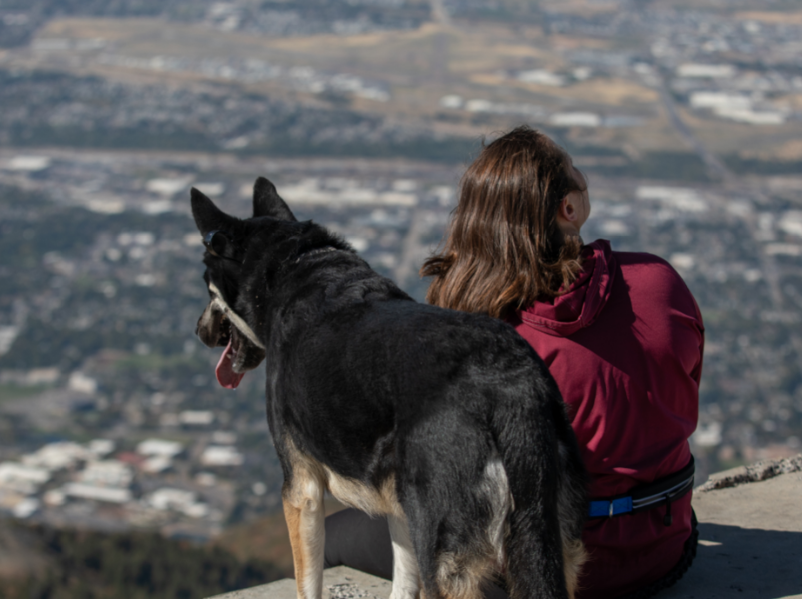
WSU Clear the Air Challenge 2021 Wrap up
The WSU Environmental Ambassadors hosted this year’s Clear the Air Challenge. By taking alternative modes of transit, Weber State University students, faculty, and staff traveled over 32,000 miles and saved over 8.9 tons of CO2 from polluting Utah’s air during the February 2021 state-wide Clear the Air Challenge. Weber State’s Academic Affairs division won first place among the campus Clear the Air teams with 3.16 tons of CO2 Savings and 1570 trips logged. Additionally, the College of Social and Behavioral Sciences took first among the Colleges, followed by the WSU Moyes College of Education in second place. The results of this years’ challenge are extra special as many individuals utilized teleworking—showing just how many emissions we can avoid by re-thinking our work day.
Thank you to all who participated in this challenge to clean Utah’s air!
